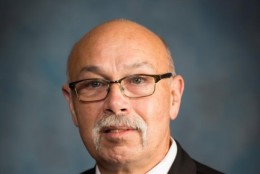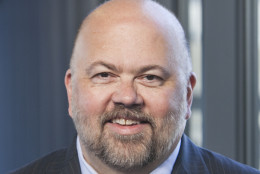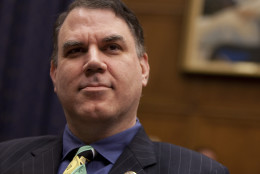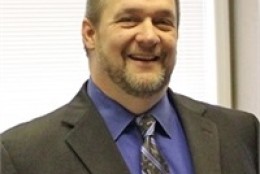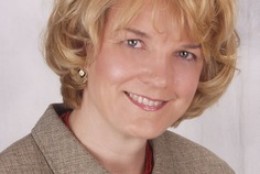Pay
-
The Senate Homeland Security and Governmental Affairs Committee is reviewing testimony from a hearing on improving pay flexibilities in the federal government. The committee heard from the Office of Personnel Management, civilian and military personnel officials, and representatives of federal employee unions. Bill Dougan, national president of the National Federation of Federal Employees, was one of the witnesses at the hearing. He joined In Depth with Francis Rose to talk about his testimony.
November 02, 2015 -
White-collar feds in 13 new or expanded locality pay zones are going to get a slight pay adjustment in 2016. While that's good news for them, Senior Correspondent Mike Causey says it may be bad news for feds in other areas.
October 29, 2015 Katie Maddocks with the Federal Managers Association joins host Mike Causey to talk about the chances of a government shutdown, and legislation pending in Congress that would affect federal workers. October 28, 2015
October 27, 2015-
OPM issued a final rule on behalf of the Federal Salary Council approving 13 new areas. But the updates will not be final until President Barack Obama signs an executive order.
October 27, 2015 -
Jeff Neal, senior vice president of ICF International, clarifies a couple of points addressed in his previous commentary on federal pay and addresses a few new ones.
October 26, 2015 -
More than 70 million federal and Social Security retirees get COLAs from the government, but Senior Correspondent Mike Causey says this year's COLA fails the taste and smell test.
October 26, 2015 -
Another report says that federal employees are overpaid. The numbers the Cato Institute uses are accurate, but they are not true. Jeff Neal, senior vice president of ICF International and former chief human capital officer for the Homeland Security Department, writes at Chief HRO and he joins In Depth with Francis Rose to explain.
October 23, 2015 -
If the boss offered you a tax-deferred, 5 percent pay raise, would you take it? Senior Correspondent Mike Causey says a lot of government workers say no.
October 23, 2015 -
The 9-year struggle to fill federal jobs in North Dakota's oil-boom towns offers a stark example to the rest of the government of just how hard it can be to keep federal workers when private employers beckon.
October 22, 2015 -
Rep. Alan Grayson (D-Fla.) introduced a bill that would give a 2.9 percent cost-of-living adjustment to federal retirees and those receiving Social Security benefits in 2016.
October 22, 2015 -
When or if you make it to retirement, a little advance planning could be worth its weight in gold.
October 21, 2015 -
A new survey by Silverlight Financial and Federal News Radio found federal employees think they are prepared for retirement, but haven’t had the training or preparation necessary to ensure a successful transition.
October 20, 2015 Would you rather be attacked and eaten by a great white shark, a saltwater crocodile or a hungry tiger? It's your call. The you-must-choose game is one my kids played with me when they were younger, and now federal workers get to play — or rather be pawns in — a version of that no-win game every couple of years when shutdowns are on the table.
October 20, 2015Federal retirement benefits are not going up in January but it gets worse. Senior Correspondent Mike Causey says the retirees will start 2016 in the hole.
October 19, 2015-
Sens. James Lankford (R-Okla.) and Heidi Heitkamp (D-N.D.) are sponsoring the Representative Payee Fraud Prevention Act of 2015. It would protect federal retirees who rely on outside providers to manage their retirement savings and pension benefits. But it's not law yet. And knowing who you can trust can be tricky. Tammy Flanagan, senior benefits director for the National Institute of Transition Planning, shared some advice for finding that someone on In Depth with Francis Rose.
October 16, 2015

